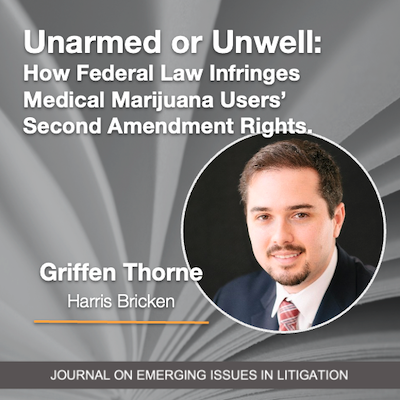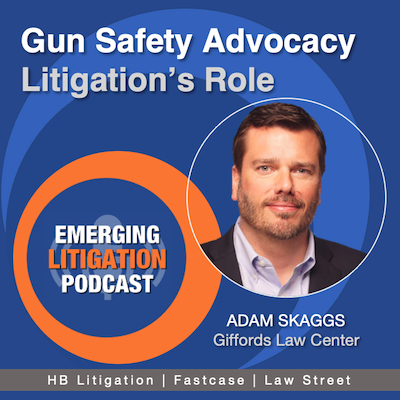Montana Court Awards $2.9 Million in Fees to Youth Climate Plaintiffs After Landmark Constitutional Win
A Montana District Court has awarded nearly $3 million in fees and costs to youth plaintiffs after their landmark constitutional victory recognizing a right to a stable climate system. The ruling highlights the societal importance of the case, the inequity of resources between the parties, and the critical role of private enforcement in protecting environmental rights. Learn more in the full article.











